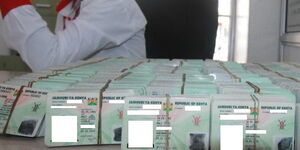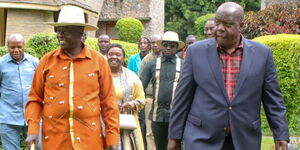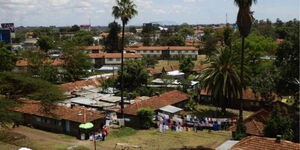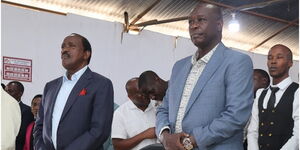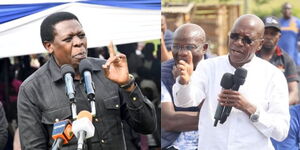The United States has issued another warning to South Sudan's leadership following the United Nations Security Council’s decision to renew specific sanctions on the country.
Acting U.S. Alternate Representative to the United Nations, John Kelley, confirmed the U.S.'s endorsement of the sanctions, saying it sent a clear message to Juba to de-escalate the conflict or risk a full-blown economic crisis on top of the war.
“Escalating violence in recent months has brought South Sudan to the brink of civil war,” Kelley said after a UN Security Council session on May 30, where members voted to extend key sanctions against South Sudan
“Too many innocent lives have been lost due to gun violence and armed conflict. The arms embargo remains necessary to stem the unfettered flow of weapons into a region already awash with guns.”
The Security Council's decision follows a spate of violence in South Sudan. In March 2025, a deadly attack was launched by the White Army militia in Nasir County, with United Nations personnel among those affected.
That attack marked one of the most brazen assaults on peacekeepers in recent years, and it was followed by another harrowing attack, which saw the Médecins Sans Frontières hospital bombed.
The two attacks triggered a response from the global community, as concerns heightened over a full-scale war which would effectively affect other neighbouring countries, including Kenya.
While refuting the notion that the sanctions were a form of punishment to the South Sudanese people, Kelley claimed it was a form of muffling those profiting from the war.
According to the U.N. Security Council, the new sanctions, which include an arms embargo, travel bans, and asset freezes, will stay in place for the next months as a way of triggering the de-escalation of the violence.
South Sudan's transitional government has come under scrutiny after failing to implement several key elements in the agreement with the US, consistently urging the country's leadership to engage in good faith negotiations and prioritise national stability.
Kenya has also tried to mediate in the conflict, with former Prime Minister Raila Odinga being sent in March to the war-ridden country as a special envoy to help defuse a growing rift between President Salva Kiir and his long-time rival, First Vice President Riek Machar.
Looking at the bigger picture, Kenya also stands to lose if the South Sudan tensions continue to rise. Notably, Kenya has hosted thousands of South Sudanese refugees since the civil war began in 2013, and the number will only keep rising if a resolution is not reached soon.
Prolonged conflict in South Sudan can also lead to an increased flow of unlawful goods and weapons along the Kenya border at a time when the Interior Ministry is struggling to disarm civilians and bandits in volatile regions.


